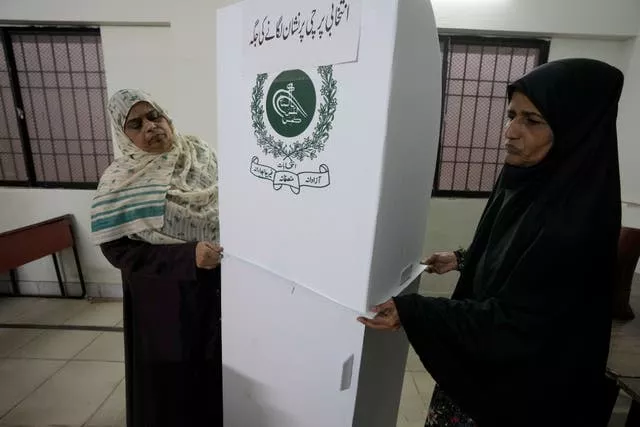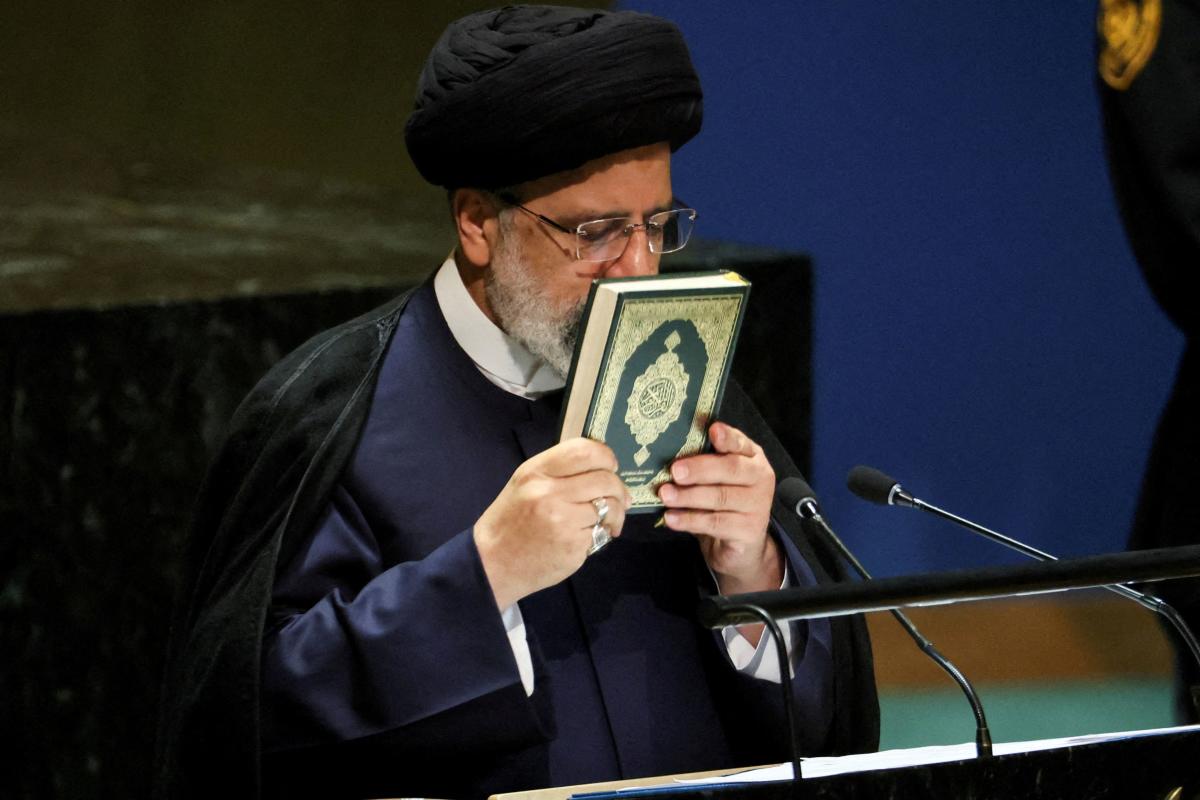Voters in Pakistan braved cold winter weather and the threat of violence to start voting for a new parliament as twin bombings a day before claimed at least 30 lives.
Tens of thousands of police and paramilitary forces have been deployed at polling stations to ensure security after the pair of bombings at election offices in the southwestern Baluchistan province on Wednesday.
The balloting has also been marred by allegations from the Pakistan Tehreek-e-Insaf party of imprisoned former prime minister Imran Khan that its candidates were denied a fair chance at campaigning in the run-up to Thursday’s vote.
The cricket star-turned-Islamist politician — ousted in a no-confidence vote in parliament in April 2022 — is behind bars and banned from running, but commands a massive following.
Pakistan’s next government will face huge challenges, from containing unrest, overcoming an intractable economic crisis to stemming illegal migration.
As many as 44 political parties are vying for a share of the 266 seats up for grabs in the National Assembly, the lower house of parliament. An additional 70 seats are reserved for women and minorities in the 336-seat house.
The new parliament will choose the country’s next prime minister and the deep political divisions make a coalition government seem more likely.
Elections are also taking place on Thursday for the nation’s four provincial assemblies.
The last time parliamentary elections were held in 2018, when Mr Khan came to power, a little more than half of the country’s electorate of some 127 million voters cast ballots.

If no single party wins a simple majority, the first-placed gets a chance to form a coalition government, relying on allies in the house.
The top contender is the Pakistan Muslim League party of three-time former prime minister Nawaz Sharif, who returned to the country last October after four years of self-imposed exile abroad to avoid serving prison sentences at home.
Within weeks of his return, his convictions were overturned, leaving him free to seek a fourth term in office.
With his arch-rival Mr Khan sidelined and in prison, Mr Sharif seems to have a pretty straight path to the premiership, backed by his younger brother, former prime minister Shehbaz Sharif, who is likely to play an important role in any cabinet led by Mr Sharif.
The Pakistan People’s Party is a strong contender, with a power base in the south, and is led by a rising star in national politics — Bilawal Bhutto-Zardari, the son of assassinated former Prime Minister Benazir Bhutto.
The Sharifs and Bhutto-Zardari are traditional rivals but have joined forces against Mr Khan in the past, and Mr Bhutto-Zardari served as foreign minister until last August, during Shehbaz Sharif’s term as premier.
Candidates from Mr Khan’s party have been forced to run as independents after the Supreme Court and Election Commission said they cannot use the party symbol — a cricket bat on voting slips — to help illiterate voters find them on the ballots.
Signup bonus from





